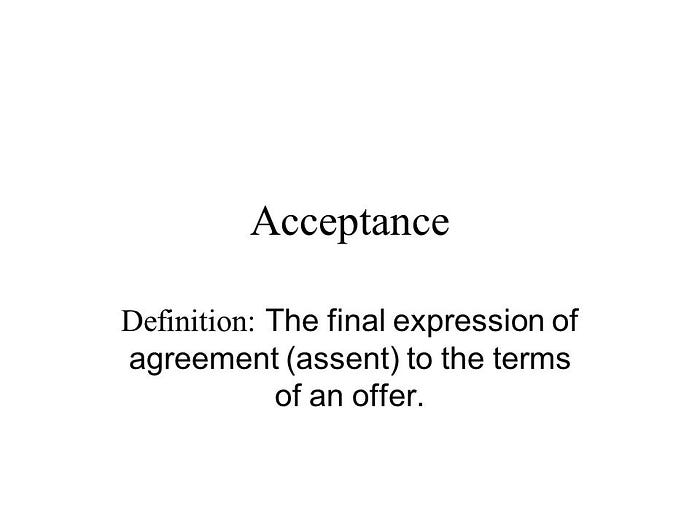Life is a series of moments, each unique and unpredictable, often challenging us to confront our acceptance definition expectations and preconceived notions. In the midst of these ever-changing circumstances, the concept of acceptance emerges as a fundamental aspect of our emotional and psychological well-being. But what does acceptance truly mean, and why is it so important?
Acceptance, in its simplest form, can be defined as the act of recognizing and embracing the reality of a situation without resistance, denial, or judgment. It is about coming to terms with the things we cannot change, and finding peace and understanding in the face of adversity. However, this seemingly straightforward definition belies the complexity and depth of the concept.

Let’s delve deeper into the multifaceted nature of acceptance.
- Acceptance is not passivity: One common misconception about acceptance is that it equates to passivity or surrender. This couldn’t be farther from the truth. Acceptance is not about giving up or resigning yourself to a life of suffering; instead, it’s about acknowledging the reality of a situation and deciding how to respond constructively.
- Acceptance is not approval: Accepting a situation doesn’t mean you condone it. It’s important to distinguish between recognizing the existence of something and agreeing with it. You can accept that something is happening without endorsing it or liking it.
- Acceptance is a conscious choice: Acceptance is an intentional decision to let go of resistance, resentment, and denial. It requires a level of self-awareness and self-compassion to choose acceptance over struggling against the inevitable.
- Acceptance fosters resilience: When we accept the reality of a situation, we free up mental and emotional energy that can be directed toward finding solutions and coping effectively. Acceptance is a cornerstone of resilience, helping us bounce back from life’s setbacks.
- Acceptance is essential for mental well-being: Refusing to accept reality often leads to stress, anxiety, and emotional turmoil. In contrast, practicing acceptance can reduce these negative emotions and promote mental well-being.
- Acceptance is a lifelong journey: Acceptance is not a one-time event but an ongoing process. Life’s challenges come in various forms, and acceptance is a skill that must be honed over time. The more we practice acceptance, the better we become at navigating life’s ups and downs.
- Acceptance empowers personal growth: Embracing the truth of a situation can be a catalyst for personal growth and self-discovery. It offers us the opportunity to learn, adapt, and evolve as individuals.
- Acceptance is interconnected with mindfulness: Mindfulness, the practice of being present in the moment without judgment, is closely linked to acceptance. When we practice mindfulness, we become more attuned to our thoughts and feelings, which in turn facilitates the process of acceptance.
In conclusion, acceptance is a dynamic and transformative concept that goes far beyond its dictionary definition. It is a powerful tool for emotional well-being, personal growth, and resilience. As we navigate the unpredictable journey of life, embracing the idea of acceptance can bring us a sense of peace and serenity in the face of life’s inevitable challenges. So, let us strive to cultivate acceptance as an essential skill for living a fulfilling and balanced life.
















